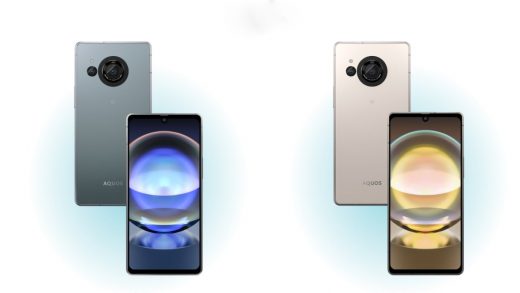
Dell’s Concept Luna, the company’s sustainable PC design project introduced last year, is set to get further upgrades. The concept includes a new way of designing laptops where fewer cables, screws and adhesive are required during assembly, making it easier to dismantle and repair. Dell showcased an advanced version of its prototype laptop where everything from the motherboard to the display, can be taken apart in a matter of minutes without having to remove a single screw.
The company has even added robotic automation that’s supposed to be able to take apart and swap out faulty components in the laptop. Telemetry data helps the robots identify the health of individual components in the laptop and replace the faulty parts in order for it to be reused and prolong the lifespan of the product.
Dell is one of many tech companies that are working towards reducing their carbon footprint and e-waste. The firm says it has commissioned a micro-factory as a proof of concept where robots are able to disassemble a laptop and can even scan for faulty components using telemetry data.
The company gives an example of a scenario where users working from home might plug their laptop to an external monitor and keyboard, leaving the laptop’s keyboard and screen unused. In such a case, it would be wasteful to recycle the entire laptop after a few years when just the motherboard might need to be replaced, or upgraded.
Dell says it hopes that all future technology products would be engineered with some kind of modular design that would prolong the lifespan of the device so it can be used longer.
While Concept Luna is exactly what its name suggests, a concept, Dell and many other tech companies have been using sustainable materials in their products and packaging for some years now. Acer, for instance, introduced a separate line of laptops called Aspire Vero which uses mostly PCR (post-consumer recycled) plastics for the chassis and keyboard.


